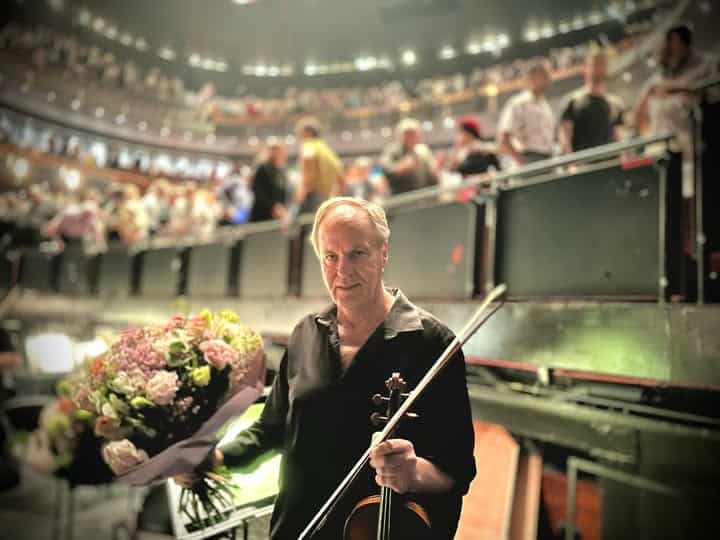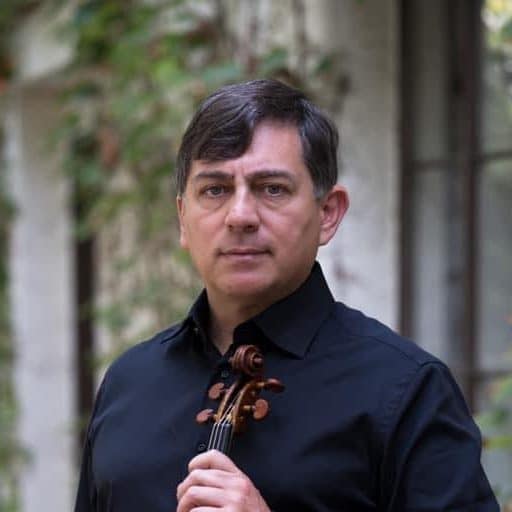So Mahler was not cuckoo, after all
NewsFurther to yesterday’s lively tweeting on this site, we have received this impressive contribution from Matthijs Boumans, editor of Mahler Nieuws, organ of the Gustav Mahler Society in the Netherlands.
Matthijs has excavated a Dutch article from 1904 by Jac. P. Thijsse, a well-known Dutch conservationist:
Eerst riep hij behoorlijk ‘koekoek’ met een interval van een kleine terts of groote terts, juist als de koekoeksklokken en koekoeksliedjes. Maar langzamerhand werd de terts tot seconde.
First (in May,) he properly whistles ‘cuckoo’ with an interval of a minor third or major third, just like cuckoo clocks and cuckoo songs do. But slowly the third became a second.
Naarmate de zomer vordert, roepen zij minder, het geluid wordt meer kort en heesch, de interval grooter, zoodat ge in Juni en Juli wel kwarten en kwinten te hooren krijgt.
As summer proceeds, (the cuckoos) whistle less, the sound becomes shorter and husky, the interval is larger, so in June and July you can hear fourths and fifths.
So Mahler got it right in his First Symphony.
Here‘s another discussion of Mahler and the cuckoo.







Comments